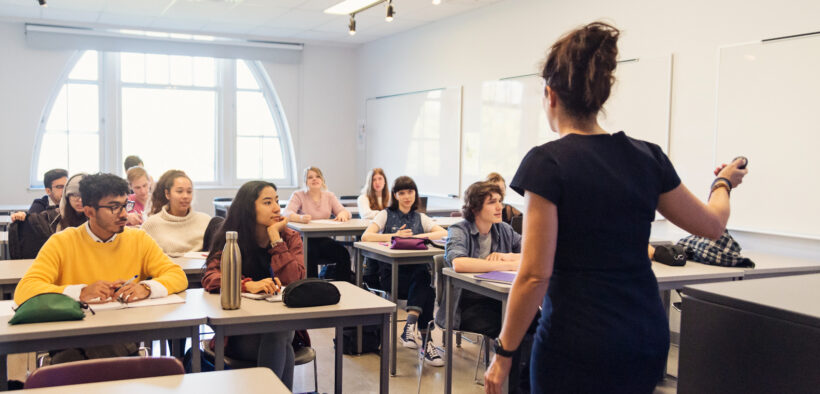When I was in graduate school, I had to pass four written preliminary exams over various subject areas in psychology. Each exam was three hours long, closed book, and composed of essay and short answer questions. The questions could cover any topic in the subject area, and to pass, you had better be able to cite relevant research and researchers from memory. To prepare for each exam, we were given an extensive list of research articles and books to read in the months before the exam. When I read over the list, my heart sank. Then I realized something that gave me hope. The list was composed of classic research articles written by the biggest names in the field. The findings were so renowned that nearly all the researchers had written accounts of their research for more general audiences in journals such as Scientific American. I could just read those articles. They were much shorter and easier to read but still had the level of detail I needed. After all, how much detail can you go into in three hours? That’s what I (and all my friends) did, and we passed.
On Being Your Students’ Best Source of Information

Related Articles
I have two loves: teaching and learning. Although I love them for different reasons, I’ve been passionate about...
Geniuses are inherently fascinating. The notion that a lucky few have innate abilities to push the boundaries of...
Teachers focus on developing students’ conscious learning and understanding of concepts, but there is a whole other dimension...
While much of online learning occurs through discussion board conversations, it can be challenging for students to offer...
“Why does my edition of Hamlet read ‘O, that this too, too sullied flesh would melt,’” my student...
After all, nearly every large language model (LLM) is good at summarizing readings, synthesizing large amounts of data...
In 1906, Francis Galton was visiting a livestock fair when he stumbled upon an interesting contest. Local villagers...








